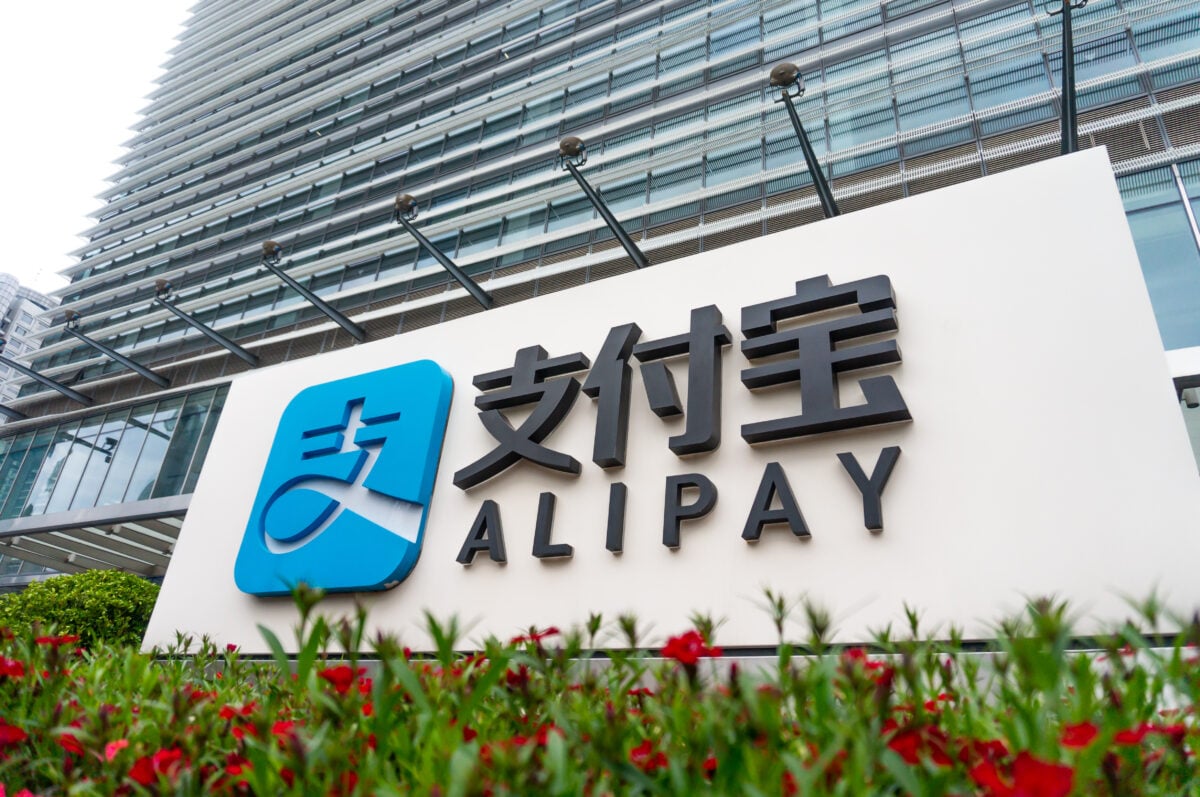TLDRs;
- Alipay and Luckin Coffee debut China’s first conversational AI payment system, combining ordering and payments in one chat flow.
- Lucky AI now processes both orders and payments without redirects, powered by Alipay’s new Model Context Protocol server.
- Luckin gains an edge over Starbucks by introducing a fully end-to-end conversational transaction system for coffee retail.
- Alipay strengthens its position as a leader in AI-driven financial innovation, supporting merchants and accelerating adoption nationwide.
China has officially welcomed its first fully integrated AI payment system, thanks to a partnership between fintech giant Alipay and coffee chain Luckin Coffee.
The companies have launched a conversational AI feature that allows customers to order and pay for their drinks in a single chat session without ever leaving the interface.
At the heart of this innovation is Lucky AI, Luckin’s in-app virtual assistant, which now operates through both the Luckin Coffee app and the Alipay mini-program. Customers simply converse with Lucky AI to select drinks, customize their orders, and complete payments, no redirects, no extra steps. According to Alipay, this marks the first time in China that an AI agent handles both ordering and payment entirely within one conversation.
Seamless Transactions With Model Context Protocol
The system is powered by Alipay’s Model Context Protocol (MCP) server, rolled out in April 2025. This infrastructure enables AI applications to securely process financial transactions without requiring users to jump between different screens.
By embedding payments directly into conversational AI flows, Alipay aims to set a new standard for efficiency in consumer fintech.
At the 2025 INCLUSION·Conference on the Bund in Shanghai, Alipay also unveiled its AI agent payment solution, which enables AI agents to directly process transactions on behalf of users. The feature is now live in Luckin Coffee’s mobile app and its Alipay mini-program in China. pic.twitter.com/HLp7S5kvM3
— Alipay (@Alipay) September 12, 2025
The innovation goes beyond simple convenience, it also reduces user drop-offs during checkout. Traditionally, mobile ordering apps required users to switch to a separate payment confirmation page, an extra step that could discourage impulse purchases. By eliminating this barrier, Luckin Coffee is betting on higher transaction completion rates and smoother user experiences.
Competitive Edge in AI Coffee Ordering
The launch positions Luckin as a direct competitor to global coffee chains that have already experimented with AI. Starbucks, for instance, introduced its My Starbucks Barista voice-ordering app several years ago, allowing customers to place voice orders and pay seamlessly.
However, Luckin’s new system takes the concept further by merging ordering and payment into a single conversation, offering what Alipay calls a “true end-to-end AI payment experience.”
Interestingly, Starbucks is also doubling down on AI in other areas. Earlier this month, the coffee giant announced plans to roll out an AI-powered inventory management system across 11,000 North American stores by the end of September. The technology, built by NomadGo, will automate shelf scans, reduce errors, and help staff restock items faster. Together, these moves from Luckin and Starbucks highlight how global coffee retailers are racing to integrate AI across every aspect of their operations, from supply chains to customer interactions.
Alipay Strengthens AI Leadership in Fintech
For Ant Group’s Alipay, this launch reinforces its reputation as an innovator in AI-driven finance. The company has already introduced multiple AI-powered services, from risk management tools to claims automation, serving millions of users across China.
The introduction of MCP further cements its leadership by providing infrastructure that other merchants and developers can also adopt.
The timing is also strategic. Small and medium-sized enterprises in China are increasingly adopting AI, with reports suggesting that over 90% now use AI tools, and around 40% specifically employ generative AI.
By embedding payments directly into AI conversations, Alipay not only supports its merchant partners but also accelerates the broader digital adoption trend across the country’s retail ecosystem.






